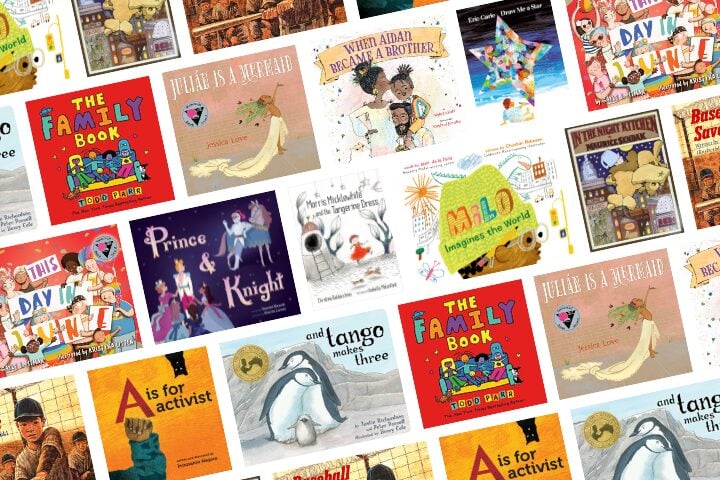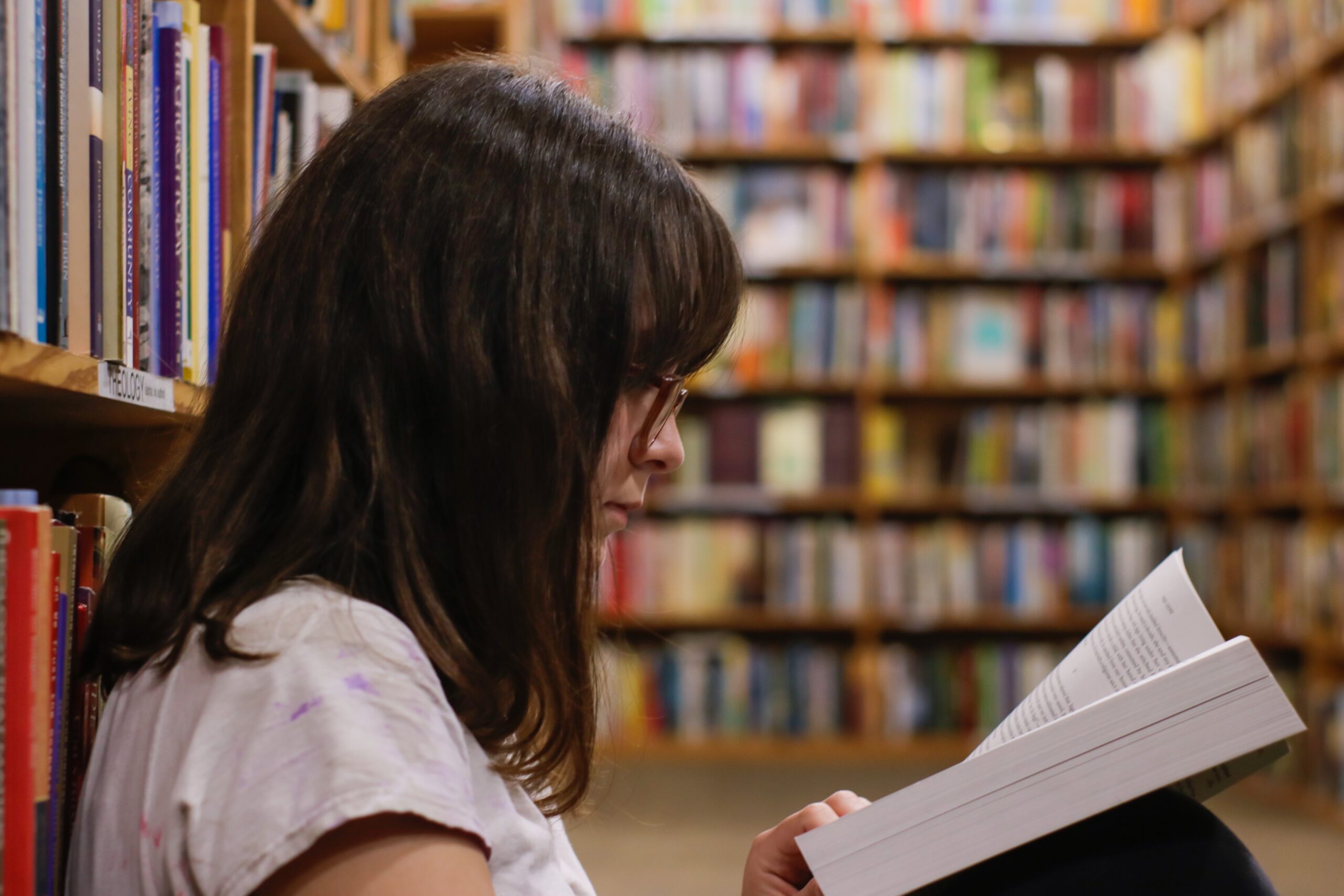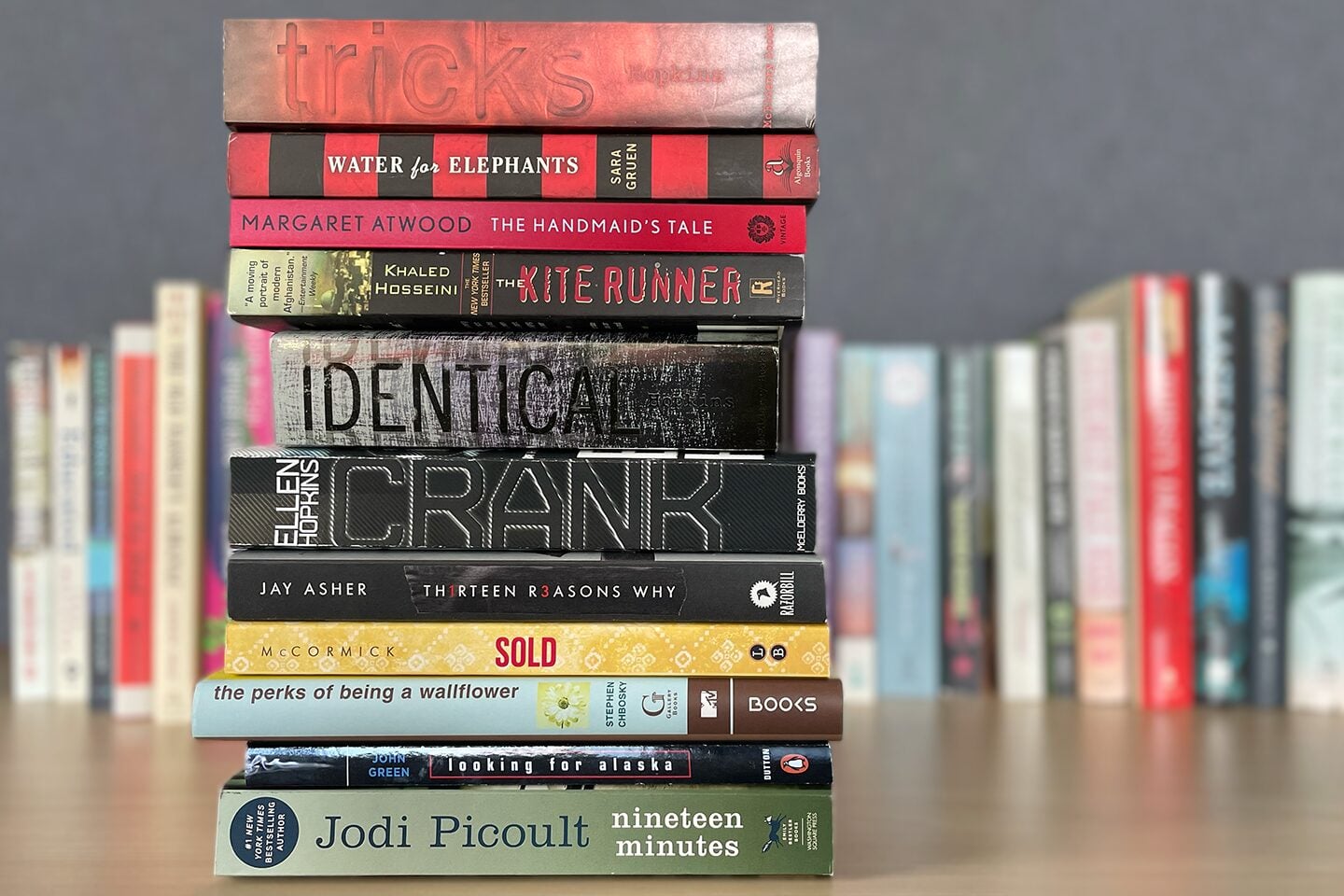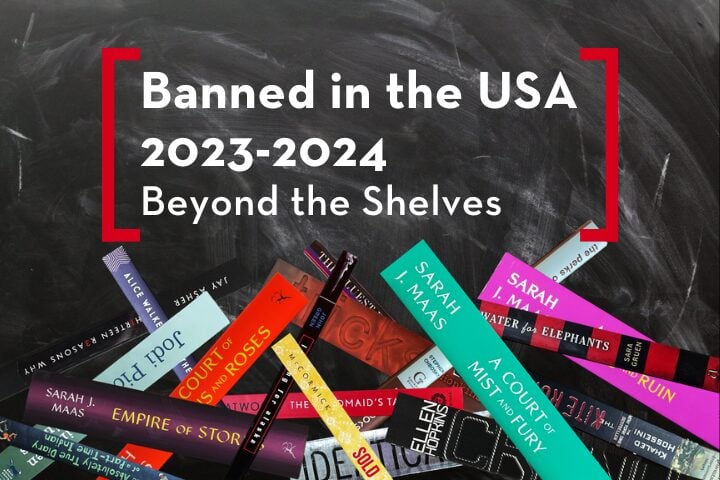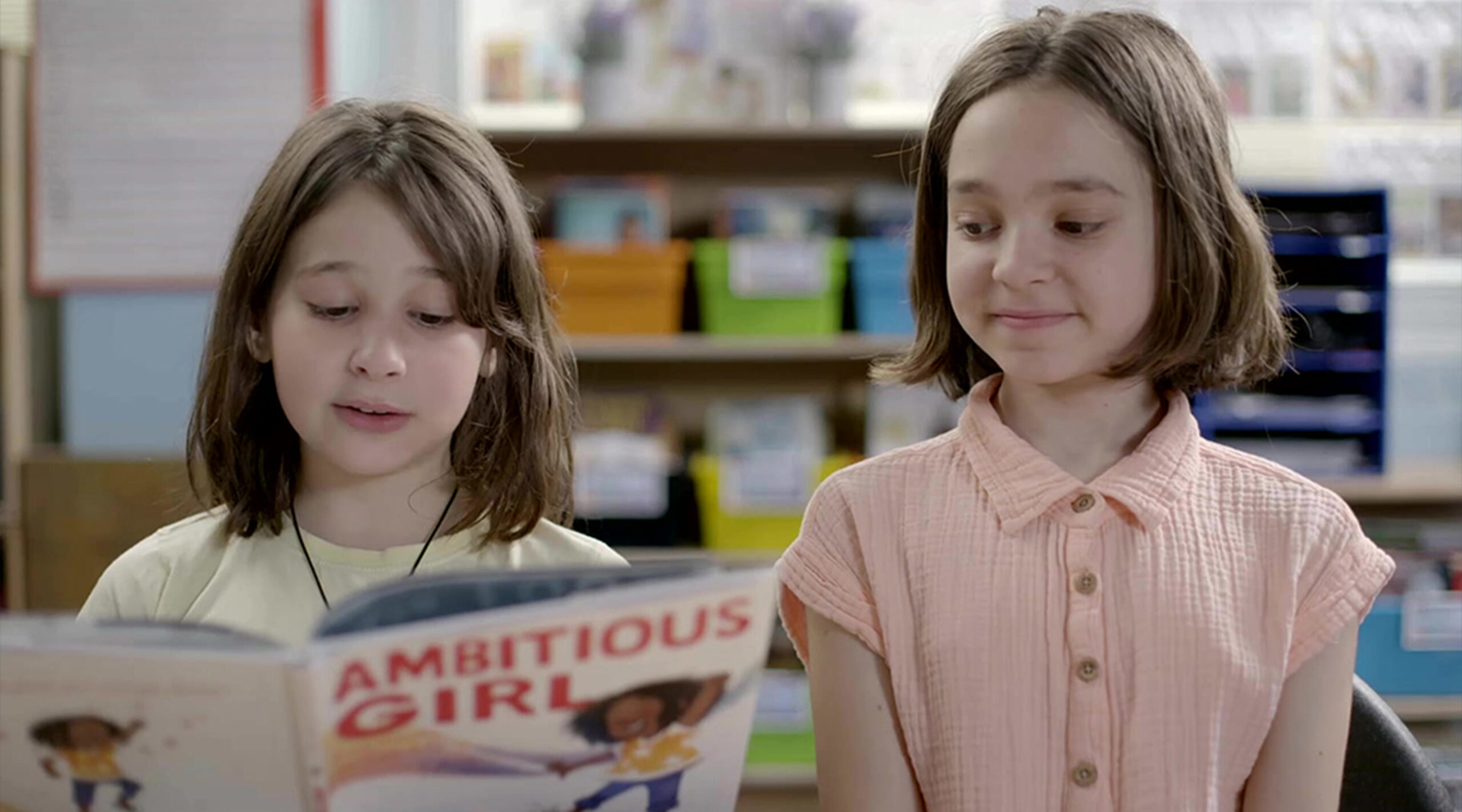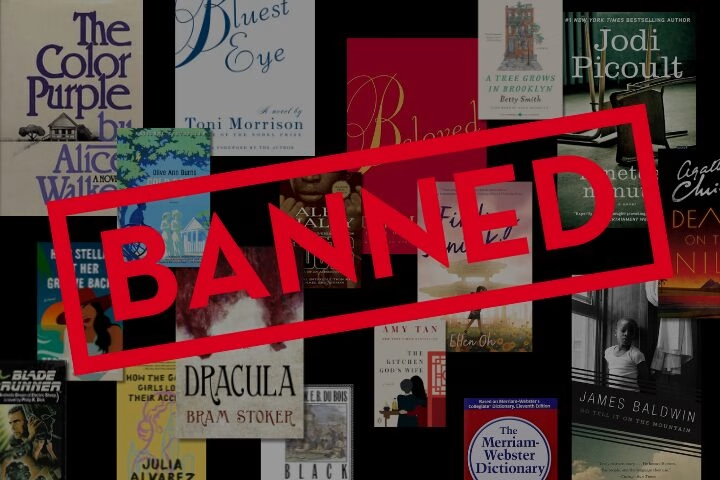There are a few things Utah students can’t bring to school. Weapons. Vaping devices. Judy Blume’s Forever...
Based on a new interpretation of a state law, Utah is forbidding students from bringing banned books to school. The updated guidance from the Utah State Board of Education, first reported by Utah’s KUER, says banned books should be prohibited on school property.
After a 2024 law required any book banned in three school districts to be banned in all schools state-wide, Utah has been maintaining a “No-Read List” of titles that qualify. The list of 16 books includes Forever…, Margaret Atwood’s Oryx and Crake, Sarah J. Maas’ A Court of Thorns and Roses series, and Elana K. Arnold’s Damsel, a feminist retelling of Sleeping Beauty.
New guidance from Utah’s Board of Education says students can’t bring those books – or any book banned in the student’s district – to school. They specify that the books can’t be used, even for “personal reading while on school property.”

“This is a clear continuation of efforts in Utah to stoke fear and distrust in students having access to knowledge,” said Sabrina Baêta, senior program manager with Freedom to Read at PEN America. “The language in Utah’s book ban law purposefully places books in the same company as Playboy magazines or guns. Is it any wonder that schools are now being ordered to treat these books as contraband? This latest guidance gets to the crux of what the book banning movement has always been about: controlling information.”
There were 32 instances of book bans in the 2023-2024 school year in Utah, according to PEN America’s Index of School Book Bans, part of a rising tide of more than 10,000 book bans across the country. And while those bans occurred in only four school districts, state law HB 29 requires any book banned in three districts to be banned across the state.
Defenders of book restrictions often say that books aren’t banned – or call book banning a “hoax” – because the books remain available outside classrooms and school libraries. This new policy takes bans a step further by denying parents a say in their own children’s reading choices.
The new FAQ also includes tips for approaching students who bring banned books to school in terms that resemble a wildlife guide. “Maintain warm, calm, and respectful demeanor. … Validate the student’s feelings. … Document the interaction.”
According to the Board of Education guidelines, banned books should be “disposed of” and not sold or redistributed. Rather than placing them in school dumpsters, the books must be sent to a warehouse in boxes labeled “sensitive materials” and “not appropriate for K12 students.” At one meeting, a prior board member, Brent Strate, said “I don’t care if it’s shredded, burned, it has to be destroyed one way or another.”
It is unclear what sort of discipline students bringing a banned book to school will face, or whether books belonging to students will be similarly destroyed.

